How to Raise Politically Engaged Children
June 5, 2020
Before we get to the how, let’s ask why.
Why should we raise politically engaged children? Shouldn’t a child’s primary job be to simply play and go to school? Play and education are important for kids, but neither of those things are politically neutral. We should raise politically engaged children because it is a fundamental human right that everyone should have a say in the way they live their lives.
Our children do not operate in ideologically neutral zones. The decisions made by the neighborhood council, the school board, the local government, and global systems of power profoundly influence the way our children eat, live, play, learn, worship, and grow. When we are silent about the processes that create the life we live, the kids internalize that things just happen to them, and they don’t get to participate in that process.
And then adults look around and get frustrated at lower voter turnout.
We wonder why women don’t run in elections at every level.
We lament political apathy as systems of power slowly erode our rights and it feels like no one can ever make it change.
It’s because there isn’t a switch that turns on political engagement on our 18th birthday—that’s not how conscious citizenship operates. Ask any politically conscious and engaged member of society and they will report that they talked about these things growing up around the dinner table, or their parents took them to the voting booth, or their schools prepared them for critical engagement of issues in their community and beyond.
Political agency has to be cultivated, and no, modeling the behavior isn’t enough. We have to actively empower, enfranchise, and engage our children in our family lives.

To empower is to honor a child’s autonomy. It’s to remember and respect that they are their own free-thinking agents who have ideas, beliefs, opinions and are constantly figuring out how their personhood fits into this brand new world they’ve entered. In many ways we erode their autonomy because we’ve been taught otherwise. We have internalized the belief that children are blank slates, that they are who we shape and mold them to become. So we tell them, teach them, show them who’s the boss, instead of learning from them.
You can’t pretend a child’s opinion doesn’t matter for 18 years and then expect them to become informed citizens. Instead, we can listen and honor their ideas from the moment they cry for their mother’s milk. We can be sure that this little person here knows what they want.
To enfranchise is to act as if their ideas not only exist, but matter. People ask me how we can cultivate an environment truly welcoming of children, and the answer is not how to shape our environment, but how to co-create the space with children. If we truly believe children’s ideas and opinions matter, then we share our power to make decisions, especially ones that will impact them. It could be as simple as what’s for dinner? Or what’s going on this weekend? It will require doing things the adults don’t want to do sometimes, and vice versa. Sometimes to promote common good, some of us will be uncomfortable at all times.
To engage is to enter into the work alongside our children. Debunk the myth of the exceptional kid: the idea that excellent individuals can arise as a hero creating social change. Celebrating individual kid heroes can sometimes be a way to caricature them, flattening their work into a sensational headline instead of seeing the complete story of their long journey and the wider community who supported them with resources. It’s also a way to let the average kid or adult off the hook of bearing social responsibility, because we feel if we’re not a child prodigy with amazing rhetorical skills then we can do nothing.
The best social change comes from gathering a movement, including children. This means we don’t empower and enfranchise kids and leave them to do their own thing, separating their sphere of influence from ours. We live in the same world with many social dynamics that impact all of us—so do the work with our kids. Guide them with your resources and information. In our posture to learn from kids, don’t be afraid to also share your wisdom. Together is how we make change.
Parenting is always a long game, which makes it challenging for those of us fed on a steady diet of fast news and sound bites. But remember, the most meaningful work that creates beautiful stories worth telling are always cultivated by years of uninteresting work.
All of you parents taking the extra half an hour before bedtime listening to your kids ideas, opinions, and dreams?
You are a revolutionary.
And so are your kids.